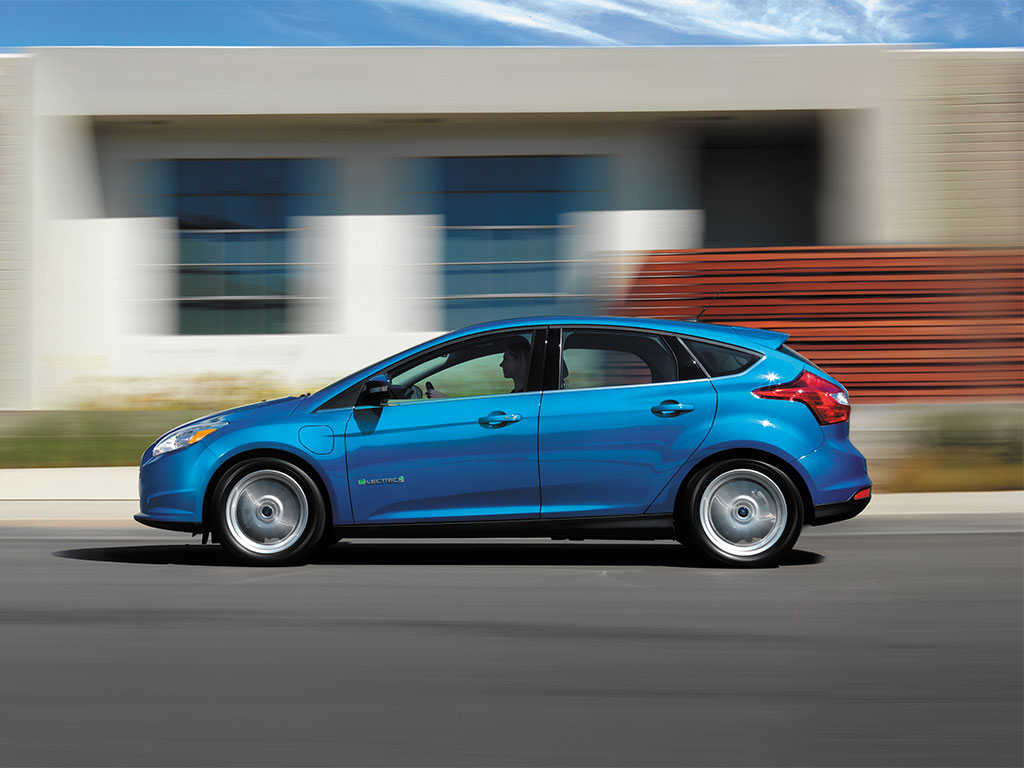Ford scraps Mexican production plans and moves production to US
In an apparent win for President-elect Donald Trump, Ford has cancelled plans for a $1.6bn plant in Mexico

The cancelled Ford plant in Mexico was intended for the production of Ford Focus family cars, which have been dwindling in popularity recently
On January 3, Ford announced that it would ditch plans to build a $1.6bn manufacturing plant in Mexico, opting instead to expand production in Michigan. The decision came alongside a tweet from President-elect Donald Trump, which threatened General Motors with a tax hike on its Mexican-made Chevy Cruze. “Make in USA or pay big border tax!” he said.
Trump has pledged reductions in US corporate tax, and focused much of his election campaign on the subject of returning manufacturing jobs to the US. In addition, he has promised to renegotiate NAFTA, and pledged to impose tariffs on goods produced in Mexico.
The decision from Ford thus appears to be a victory for Trump, with the new Michigan expansion expected to create 700 US jobs.
That said, it is not clear that the production decision was prompted by Trump’s policy promises, or indeed by his threats fired over Twitter. Ford’s CEO, Mark Fields, said that the motor company would have made the same decision had Trump not been elected, in an interview on Fox Business Network.
The decision from Ford appears to be a victory for Trump
Nevertheless, Fields did emphasise the importance of future policy under Trump for the manufacturing sector. “One of the factors that we’re looking at is a more positive US manufacturing business environment under President-elect Trump and some of the pro-growth policies he said he’s going to pursue. And so this is a vote of confidence.” This, however, was just one of many factors considered in the decision, according to Fields.
Ford’s investment in Mexico had been intended for production of the Ford Focus, a vehicle that has recently seen shrinking demand. Over the course of ten months, sales of the vehicle have gone down by 17.1 percent, and demand has shifted instead towards gas-guzzlers amid a dip in oil prices.













